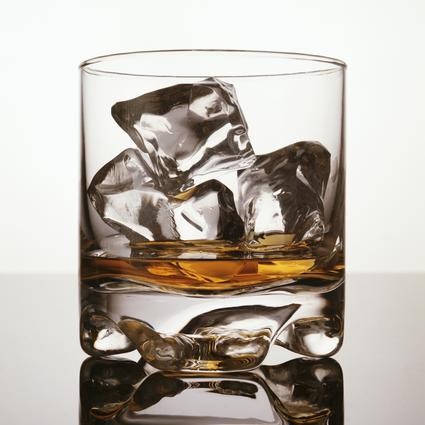 This morning, the Board of Supervisors Budget and Finance committee will be weighing a proposal expected to generate $17 million for our cash-strapped city: a new fee on all alcoholic beverages sold in city limits. And as with any proposal that involve fees or things people love, this legislation is not without controversy.
This morning, the Board of Supervisors Budget and Finance committee will be weighing a proposal expected to generate $17 million for our cash-strapped city: a new fee on all alcoholic beverages sold in city limits. And as with any proposal that involve fees or things people love, this legislation is not without controversy.
The legislation proposed by Supervisor John Avalos, called an Alcohol Mitigation Fee (see page 4) is expected to increase your beer, wine, and hard liquor costs at restaurants and bars – but also at the neighborhood store or craft brewery. If the proposed Alcohol Mitigation Fee passes, buying a 6 pack in San Francisco will cost at a minimum 4.1% more (and very likely much higher then that).
As we reported earlier this summer, the city currently spends about $18.1 million a year on alcohol related public health care concerns. The proposed fee will be collected from distributors (about 4,000 in California that serve the city) and manufacturers (about 10 in SF) to mitigate these expenditures, and would be assessed according to ethanol content — that is, the stronger the brew, the higher the fee.
Bruce Lee Livingston, executive director of Marin Institute (which studied the fee’s economic impact),is quoted in SF Examiner as saying the “mitigation fee shifts a portion of the cost burden from the general taxpayer to a small group of wholesalers who can be efficiently assessed for their contribution to the party.”
At this week’s Legislation and Policy Committee meeting of the Small Business Commission of San Francisco, however, some members of that “small group of wholesalers” were less than thrilled at the prospect of being “efficiently assessed for their contribution to the party.”
Commissioner Kathleen Dooley, a member of the North Beach Merchants’ Association, for example, says she foresaw the fee for distributors “immediately being passed to the ground floor” (that’s us).
Brewer’s Guild representative Ron Silberstein argued that it seems unfair to penalize small businesses like craft brewers, whose patrons, he says, hardly make-up a majority of the City’s alcohol abuse program participants.
While adding a nickel or two on to your beer price at the bar doesn’t seem egregious to many consumers, it will mean that small businesses will have to absorb higher prices while revenues go down, he said, expressing concerns that the “public health” fee hike will in effect penalize neighborhood establishments with a smaller number of customers, creating a market where to survive the increase in costs, businesses have to sell more alcohol.
Taking into account that small businesses in San Francisco already support the nation’s highest minimum wage, pay for employee sick leave, and support health care costs, some expressed fears that the added fee would be the proverbial straw that broke the camel’s back. Commissioner Dooley says that “small bars, small craft breweries, and small distilleries are the number one sector that we see positive growth and employment prospects,” raising concerns that the fee might out-price all of our little neighborhood bars and craft breweries, damaging the small business economy and leaving SF with only large chains that can support the price hike.
SF Controller’s Office Chief Economist Ted Egan, says that “Ultimately the fee will result in reduced spending at retail distributors of alcohol due to reduced demand and reduced consumer spending on other commodities…” His study on the fee hypothesized that bars and restaurants would see .3%-1% reduction in consumption due to the anticipated price hike, even as the new legislation costs the city an estimated $400,000 in additional administrative costs.
Egan also hypothesized that distributors are likely to tack on additional fees to cover their new compliance costs, further raising prices and decreasing business revenue, and said that the increased alcohol prices’ long-term impact on tourism, special event venues, and employment rates is unknown.
The Commissioners agreed that we all want to see a reduction in alcohol-related problems, urging discussion on how the city is currently spending the budget on alcohol treatment programs.
In a statement emailed to media (but not available online at publication time), venue-owner coalition the California Music and Culture Association echoed the Commissioners’ sentiments, saying that “The proposed alcohol fee may be noble in purpose, but will be incredibly problematic in implementation” and that venues “are being forced to pay for what amounts to a very small group of chronic inebriants.”
Supervisor Avalos, who proposed the legislation, did not respond to our request for comment by publication time, so while we don’t foresee all the city’s happy hour crowds rushing across the bridge for cheaper beer, looking at the information presented by these groups, losing at a minimum $1.8 million in bar revenue, and at least $3.9 million at liquor stores sounds like a pretty tough sell in our city’s flailing job market. Guess we’ll have to wait until today’s 11 AM meeting to see just how tough the sale will be.









